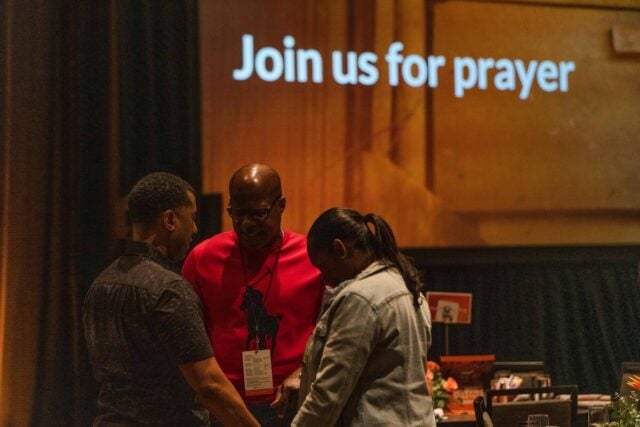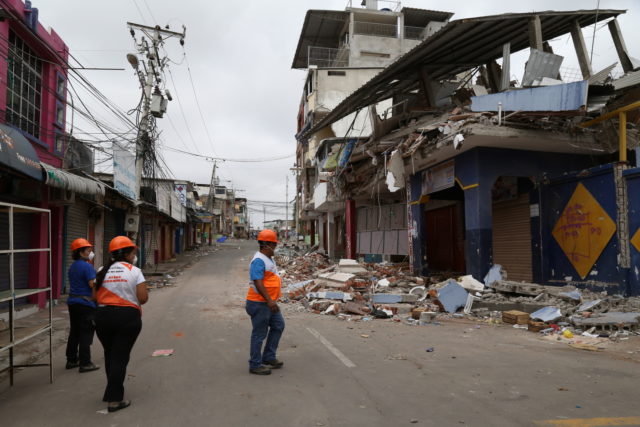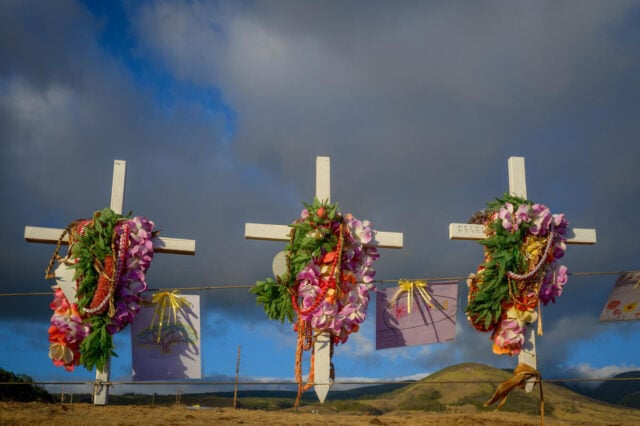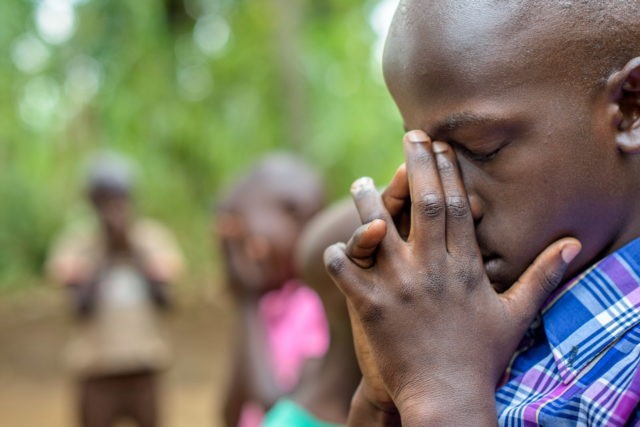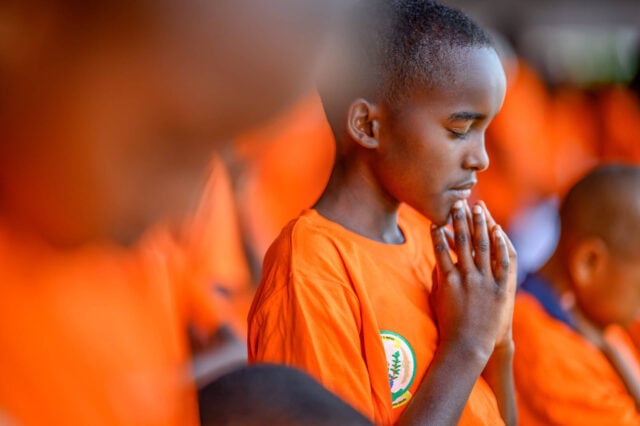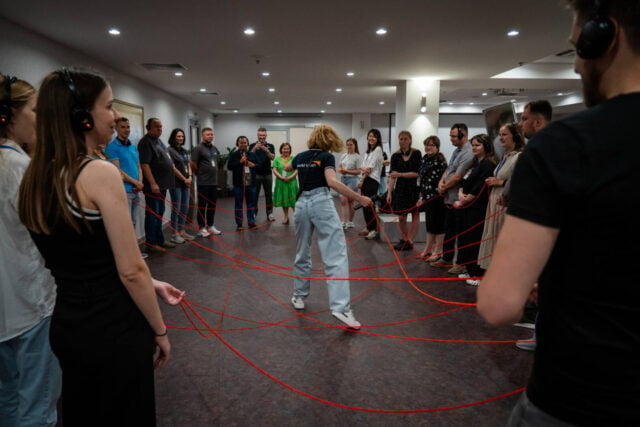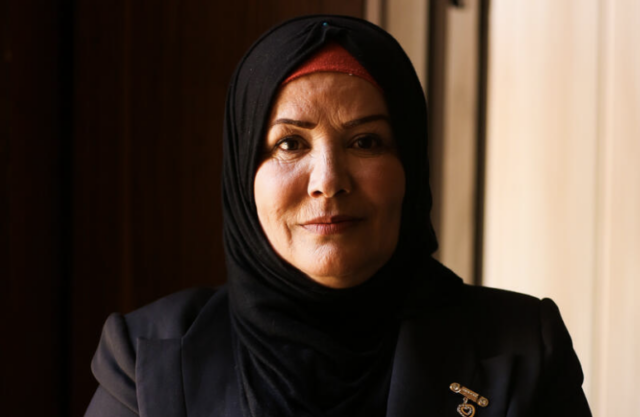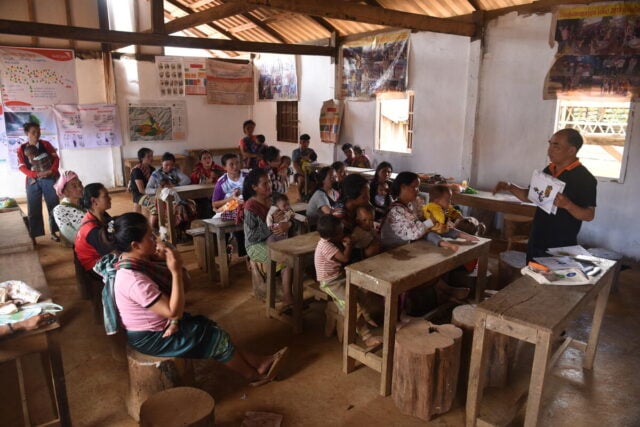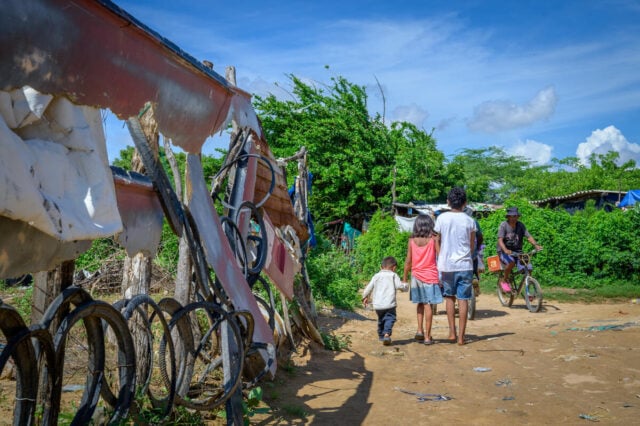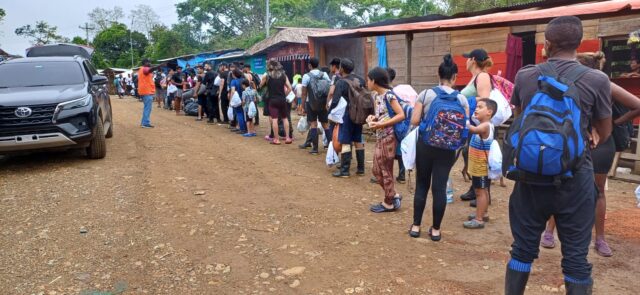God calls us to pray in all situations — no exceptions for an election year. When we make the decision to lift our voices in prayer for government leaders and country, we make a bold choice to demonstrate Jesus’ love regardless of what’s going on around us. The prayers offered here call for wisdom, love, and unity — in and between election candidates, and us. As we navigate what will likely be a divisive time for our country, we pray boldly that God will help us see each other through His eyes and help our leaders make godly decisions.
News & Stories
Ecuador earthquake: Facts, FAQs, and how to help
A magnitude 7.8 earthquake rocked Ecuador’s coast April 16, 2016 — killing almost 700 people and leveling homes, schools, and infrastructure. The deadly Ecuador earthquake made life harder for people suffering from El Niño flooding. Recovery called for an all-out effort to support health, nutrition, education, and rebuilding.
Strengthening Ukrainian children’s education through training
World Vision partners with a local Ukrainian nongovernmental organization to help students continue their education despite the difficulties. They also offer students soft skills training to increase their resilience in overcoming problems caused by the ongoing conflict in Ukraine.
Maui wildfires: Facts, FAQs, and how to help
The destructive wildfires that swept through Maui in August 2023 have tragically resulted in loss of life, with a confirmed death toll of 102 people as of June 2024. The catastrophe has left thousands of Maui residents without homes and caused widespread destruction and damage to several areas of the island. Learn how World Vision is responding to the crisis and how you can support people affected by the disaster.
8 keys to a more powerful prayer life
The power of prayer is one of the strongest weapons God has given us. Marilee Pierce Dunker reflects on how to pray by plugging into the power, perception, and purpose that can only be found in God’s presence.
Don’t give up on your miracle: How to pray when you’re tired
What continues to weigh on your heart, keeping you from finding rest? Maybe it’s a failing marriage or a prodigal child. Maybe it’s a health concern or an international crisis. Whatever it is, when you’ve been praying for something for so long it’s easy to give up hope. Take heart! Here are ways to pray when you’re tired of praying for your miracle.
Matthew 25: Prayer for children’s faith
World Vision strengthens the faith of children around the world through programs designed to meet them where their need is greatest. Join us in prayer for children’s faith leaders as well as for the children they spiritually nurture.
Ukraine’s faith leaders trained to support mental health
Faith leaders from Ukraine attended a World Vision–hosted training on how to best minister to adults and youth impacted by the trauma caused by the war in Ukraine.
Breaking barriers: Rabia’s impact on her Iraqi community
Positioned with a heart to empower others, Rabia sparked change in her rural Iraqi community. After participating in World Vision’s income-generation and capacity-building training, she empowers other women to earn an income and strengthen the local economy.
Sustainable steps towards nutrition in Laos
In Phonexay, Laos, changing weather patterns have severely impacted agricultural productivity, leading to widespread undernutrition among children and families. In collaboration with the community, World Vision has equipped families with climate-smart agricultural practices and nutrition training to help keep children healthy.
Global poverty: Facts, FAQs, and how to help
Poverty remains one of the most pressing challenges in our world, with nearly 9% of the global population living on less than $3.00 per day. Read to find answers to your questions about poverty, learn about how we define poverty, find out what World Vision is doing to help end extreme poverty worldwide, and learn how you can help.
Central America migration: Facts, FAQs, and how to help
Here are basic facts and FAQs about Central America migration, how World Vision addresses root causes of poverty there, and how you can help. One program raising promise among vulnerable youth in Central America is Youth Ready. Through this approach, we help young people discover their potential, develop specific career and life skills, establish support networks, build character and confidence, and plan for their future in their communities. This is work is made possible largely through child sponsorship.
